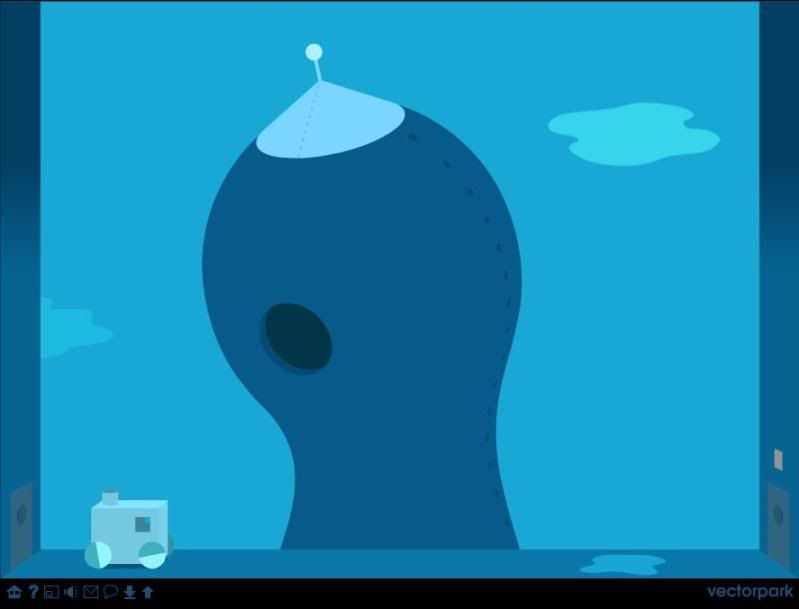Greetings, arts, ink! My name is Alex and I’ll be focusing my posts on music. Usually I will post on Sundays (sorry for stepping on your ground here, Abigail) but I wanted to introduce myself before my regular posts start. I am an avid Hip-Hop and Mashup fan, but I also enjoy some rap, jam bands, acoustic, indie and some dubstep. Also I can always get down to some terribly addicting Top 40 jams. I defy anyone not to bump Lady Gaga on a regular basis.
The purpose of my blog entries is to provide a constant source of music: new, old, mixed, mashed and everything in the middle. I’ll accomplish this by including frequent reviews of new albums and live shows, paired with a stock of older music to give you a foundation for the new releases. Each of my posts will have a song for you to taste, see above, (I chose “Coastin’†because it epitomizes my music taste) pertaining to whatever topic I’m writing about. I’ll probably also throw some “Songs of the Day†on the blog throughout the week to keep that flow going.
Just for reference, my favorite artists presently are as follows: Kanye West, Frank Ocean, Lupe Fiasco, Kid Cudi, Bon Iver, Girl Talk, Milkman, Jack Johnson, Jay-Z and Beyonce, and Mumford and Sons.
For the time being, I suggest looking at two albums which just came out this Fall: Big Sean’s “Finally Famous†and J. Cole’s “Cole World: The Sideline Story.†Both are examples of a slightly lower-tier Hip Hop artist making his debut, Sean with the help of Kanye West and Cole under the guidance of Jay-Z. In my opinion, “Finally Famous†is an all around better album; Big Sean shows a lot of promise by creating an extensive collection of songs. While J. Cole released some incredible tracks, there are too many that are barely listenable. “Mr. Nice Watch,†terminating with Jay-Z’s abomination of a verse, is an embarrassment to his career. J. Cole has showed a lot of improvement in terms of his lyricism since his mixtapes, however the album as a whole was not as cohesive and impressive as it could have been. Check out these tracks from the albums:
Finally Famous: Marvin and Chardonnay, Wait For Me, Dance (A$$), My Last, Memories
Cole World: Can’t Get Enough, Lights Please, Nobody’s Perfect, Work Out



